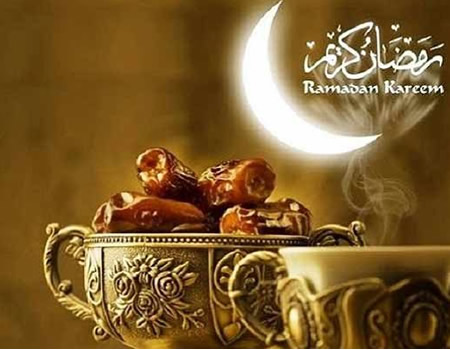
Ramadan is the ninth month of the Muslim calendar and the holy month of fasting. It begins and ends with the appearance of the crescent moon.
The annual observance of Ramadan is regarded as one of the Five Pillars of Islam and lasts between twenty-nine to thirty days, from one sighting of the crescent moon to the next. The month is observed by Muslims worldwide as a month of fasting, prayer, reflection, and forgiveness
Fasting is broadly interpreted as the obligation to refrain between dawn and dusk from food, drink, and all forms of immoral behaviour, including impure or unkind thoughts.
After the sunset prayer, Muslims gather in their homes or mosques to break their fast with a meal called ifṭar that is often shared with friends and family.
Iftar is a very significant aspect of the Ramadan period that is accompanied by lots of eating and drinking which necessitates the need for caution on what to eat.
A clinical dietician at Bayero University Kano (BUK), who doubles as a member diabetes association of Nigeria Kano state chapter Dije Sule Kabara spoke extensively on the type of food to be consumed during Ramadan.
“The food to be consumed is the normal food that we take, we should avoid cold water whether liquid or solid we should take lukewarm food and water and it should not be too sweet”
” The food should be light and well cooked the body needs something light and soft to enable the digestive system to function well”
She explained that fried, artificial and canned food might lead to several health challenges.
“You should try to avoid fried food and snacks, eat less meat eat lots of vegetables grown without artificial products”
The dietician cautioned the public against consuming drugs and alcohol during iftar and sahoor.
“Those consuming cigarettes, alcohol and other drugs during iftar should know that they are exposing their health to danger
“
Dije Sule advised the public to imbibe the culture sahoor due its health benefits and maintain a healthy lifestyle to avoid deadly diseases and infections.
KHADIJAH ALIYU






